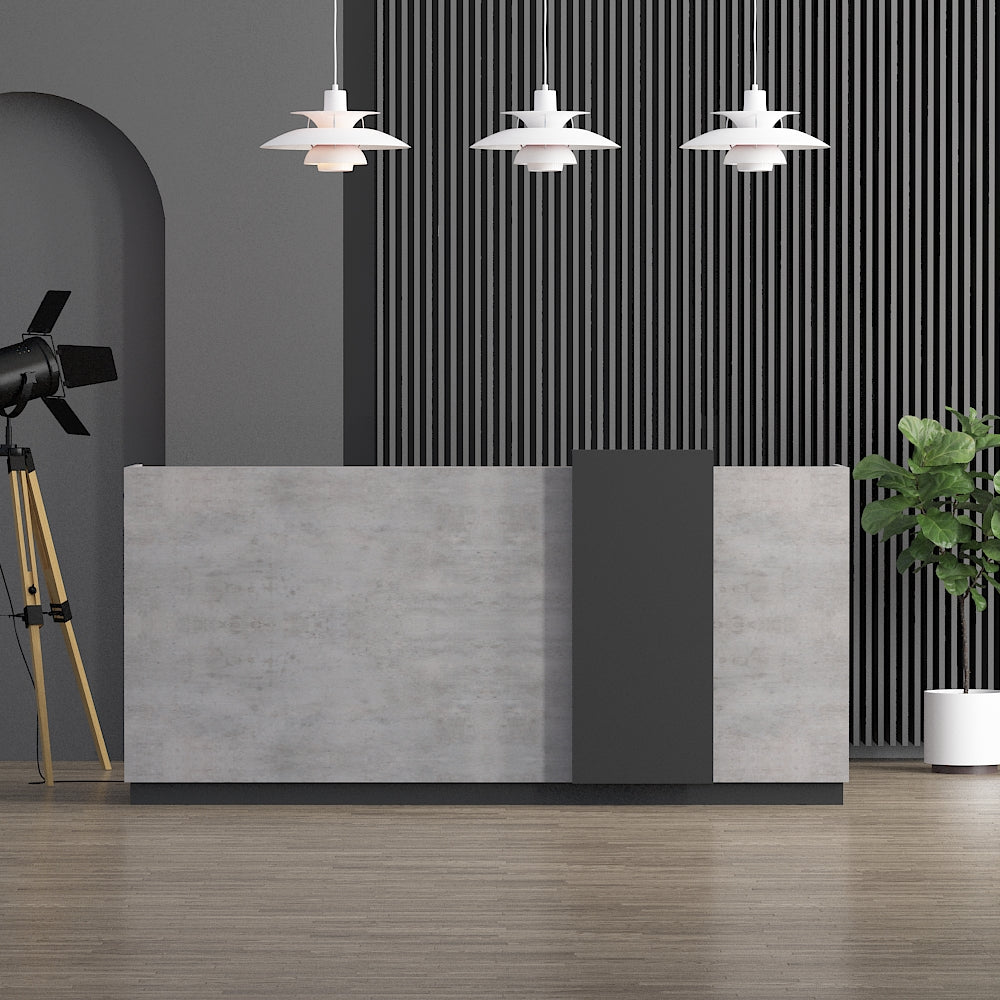Color Psychology and How It Affects Your Employees
In today's bustling world, where the lines between work and personal life blur, creating an optimal work environment is paramount. One often-overlooked aspect of this environment is color psychology. The hues surrounding employees can significantly impact their mood, productivity, and overall well-being. In this article, we'll delve into the fascinating realm of color psychology and explore how it influences your employees' performance and satisfaction in the workplace.
Introduction
Definition of color psychology
Color psychology is the study of how colors affect human behavior, emotions, and perceptions. It delves into the psychological effects of different hues and their ability to evoke specific feelings and responses.
Importance of understanding color psychology
In the context of the workplace, understanding color psychology is crucial for creating an environment that promotes productivity, creativity, and employee satisfaction. By harnessing the power of colors strategically, employers can optimize their workspace to support their team's well-being and performance.
The Impact of Color on Employee Productivity
Color psychology in the workplace
Colors can exert a profound influence on employees' mood, behavior, and performance. Certain hues can evoke feelings of calmness, while others may stimulate energy and creativity.
Influence on mood and emotions
The colors surrounding us can influence our mood and emotions. Warm colors like red and orange tend to evoke feelings of warmth and energy, while cool colors like blue and green are often associated with calmness and tranquility.
Effects on focus and concentration
The right color palette can enhance focus and concentration in the workplace. Soft, muted tones can create a serene environment conducive to deep work, while bold, vibrant colors can stimulate creativity and problem-solving abilities.
Impact on creativity and innovation
Colors play a vital role in stimulating creativity and innovation among employees. Research suggests that certain hues, such as blue and green, can enhance cognitive performance and encourage out-of-the-box thinking.
Choosing the Right Colors for the Workplace
Factors to consider when selecting colors
When choosing colors for the workplace, several factors should be taken into account, including the nature of the work being done, the company's branding, and the preferences of the employees.
Blue: The calming influence
Blue is often hailed as the most universally liked color and is known for its calming effects. Incorporating shades of blue into the workplace can promote a sense of tranquility and aid in stress reduction.
Yellow: Promoting positivity
Yellow is associated with happiness, optimism, and creativity. Adding touches of yellow to the office decor can inject a sense of positivity and energy into the workspace.
Green: Enhancing balance and harmony
Green symbolizes growth, balance, and harmony. It is particularly effective in environments where focus and concentration are essential, such as offices with a heavy workload.
Red: Stimulating energy and urgency
Red is a powerful color that can evoke feelings of passion, energy, and urgency. While it can be beneficial in environments that require high levels of alertness, it should be used sparingly to avoid overstimulation.
Neutral colors: Providing versatility
Neutral colors like white, gray, and beige provide a versatile backdrop for office decor. They can help create a clean, minimalist aesthetic while allowing accent colors to pop.
Implementing Color Psychology in the Office
Painting and decor choices
When revamping the office space, consider painting the walls in colors that align with your desired atmosphere. Additionally, strategically placing colorful decor items can further enhance the impact of color psychology.
Use of color in branding and marketing
Consistency in color usage across branding materials, such as logos and marketing collateral, can reinforce brand identity and create a cohesive visual experience for employees and clients alike.
Incorporating color into office furniture
From chairs and desks to lounge areas and break rooms, integrating color into office furniture can add personality and vibrancy to the workspace while supporting the desired mood and atmosphere.
Boosting Employee Well-being with Color
Reducing stress and anxiety
By creating a calming and harmonious environment through carefully selected colors, employers can help reduce stress and anxiety among employees, leading to improved mental health and well-being.
Fostering a sense of belonging
The use of color can foster a sense of belonging and community among employees, creating a more inclusive and supportive work environment where everyone feels valued and respected.
Enhancing morale and motivation
A well-designed workspace that incorporates elements of color psychology can boost employee morale and motivation, leading to higher levels of engagement and productivity.
Overcoming Challenges and Considerations
Cultural differences in color perception
It's essential to consider cultural differences in color perception when designing a multicultural workplace. What may be perceived as positive in one culture could have a different connotation in another.
Individual preferences and sensitivities
Employees may have individual preferences and sensitivities to certain colors due to personal experiences or cultural backgrounds. Employers should strive to accommodate these differences to ensure everyone feels comfortable in the workspace.
Overuse of certain colors
While certain colors can be beneficial in moderation, overuse can lead to sensory overload and diminish their effectiveness. Employers should strike a balance and use colors strategically to avoid overwhelming employees.
Conclusion
In conclusion, color psychology plays a pivotal role in shaping the work environment and influencing employee behavior and well-being. By understanding the psychological effects of different colors and strategically implementing them in the workplace, employers can create a conducive atmosphere that promotes productivity, creativity, and employee satisfaction.
FAQs (Frequently Asked Questions)
-
How does color psychology impact employee productivity?
Color psychology can influence mood, focus, and creativity, ultimately impacting productivity levels in the workplace.
-
Are there specific colors that are universally beneficial in the workplace?
While individual preferences vary, colors like blue, green, and yellow are generally considered beneficial for promoting focus, calmness, and positivity.
-
What should employers consider when implementing color psychology in the office?
Employers should consider factors such as the nature of work, company branding, cultural differences, and individual preferences when selecting colors for the workplace.
-
Can overuse of certain colors have negative effects on employees?
Yes, overuse of certain colors can lead to sensory overload and diminish their effectiveness. Employers should use colors strategically and in moderation to avoid overwhelming employees.
-
How can employers accommodate employees with color sensitivities?
Employers can accommodate employees with color sensitivities by offering flexible workspace options, providing calming areas, and allowing individuals to personalize their immediate surroundings to suit their preferences.












































